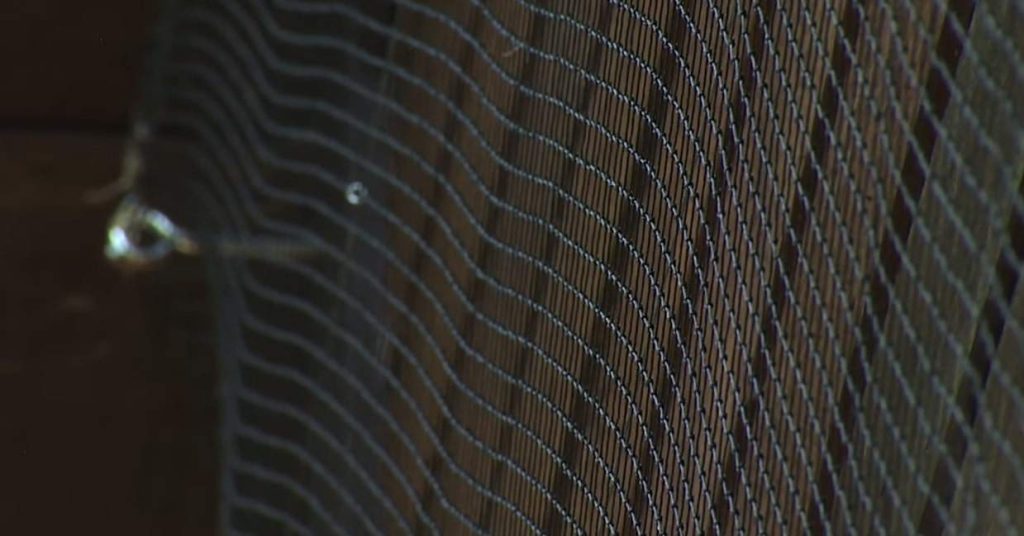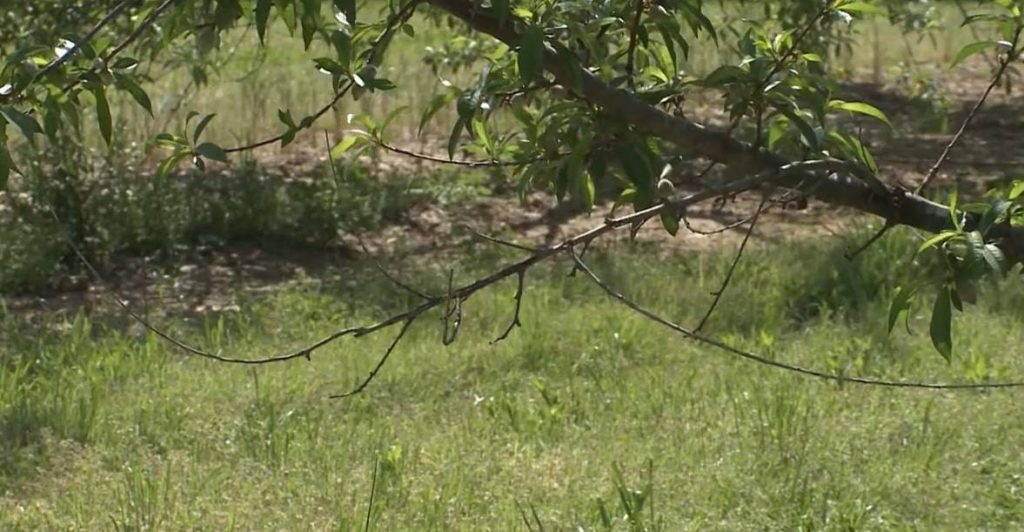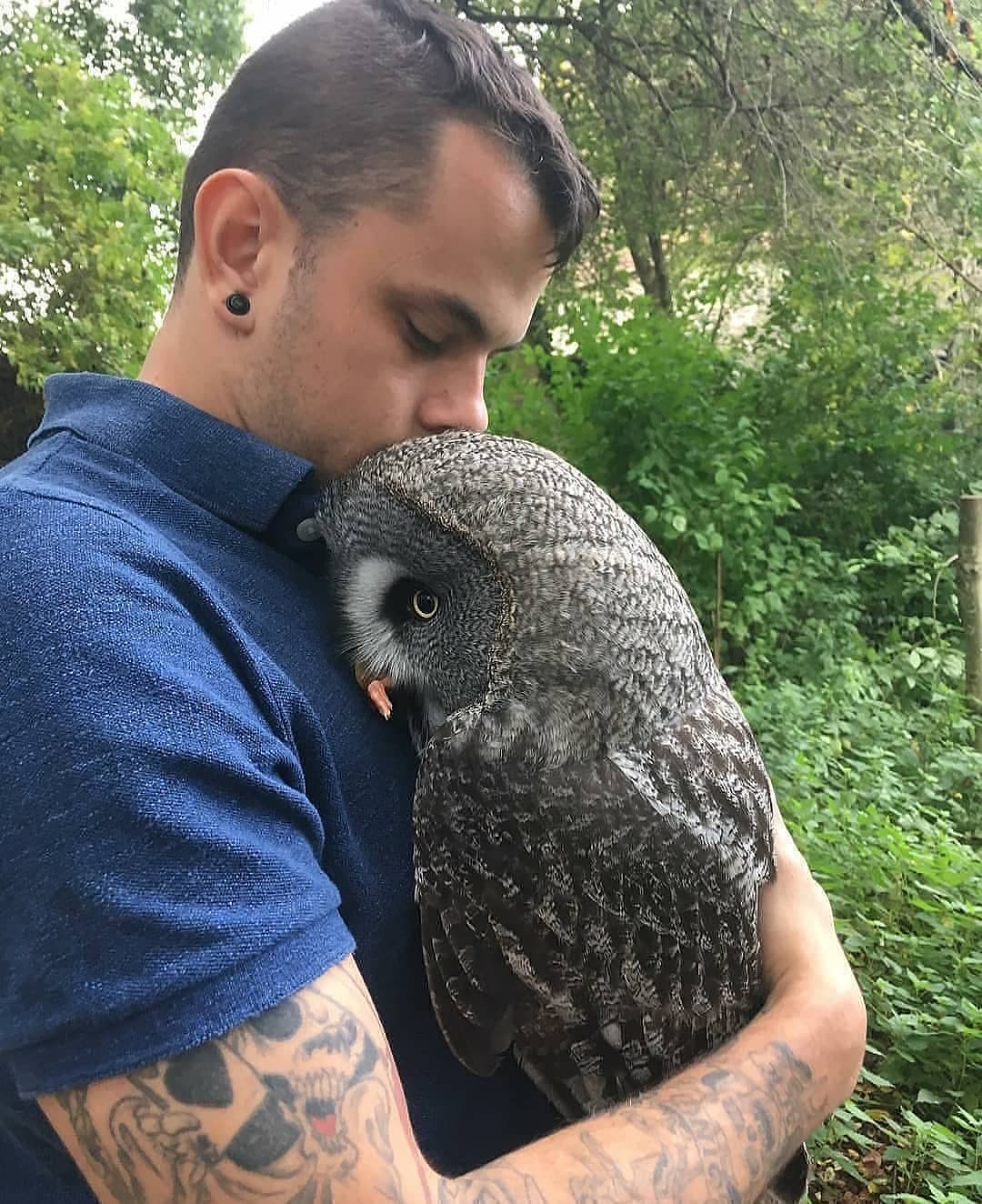Woodpeckers: Even when they’re out of sight, their presence is unmistakable—you can’t miss the loud tapping sound they make!
But, why do woodpeckers peck so much? They might be claiming their territory, making a home, searching for food, or storing it away. Their pecking can disrupt a calm, sunny day for many reasons.
Most of us, who care deeply about all living things, would never intentionally harm a beautiful bird. We understand that we share our world with countless other creatures.
However, we also seek tranquility in our lives, and the relentless tapping of woodpeckers in our homes can be quite bothersome.
Let’s explore some of the most humane methods to discourage these noisy birds gently, ensuring a peaceful coexistence for both parties.
How to Get Rid of a Woodpecker
Installing Bird Netting or Mesh

A quick fix is to get some bird netting or mesh from a garden store or DIY shop. It’s easy to set up and works well to keep birds away.
This way, birds can’t land on your house, but your home still looks good. The netting doesn’t cover up any decorations, so you can keep your home looking nice and have an effective bird barrier. This is a great solution if you want to keep your house safe and still look good to the neighbors.
Creating Visual Barriers with Bird Tape or Shiny Objects
Scarecrows? Yeah, we know them—the classic guardians of the fields, warding off birds with their straw-filled presence. Now, imagine bringing that guardian spirit right to your doorstep.
Enter bird tape and shiny trinkets, the modern-day scarecrows for your home. Bird tape, with its brilliant sheen and reflective glory, works wonders at keeping birds at bay, easily attaching to any area that needs protection.
You can also use old CDs or shiny baubles as an alternative. Interestingly, birds are a bit wary of anything that glimmers too much, so you can find anything that shines and use it as a potential bird repellent.
Removing Attractants (Insects, nesting sites)
I’m sure woodpeckers aren’t the only animals you have to handle around your home. Mice can be a problem, but so can other insects. Ant infestations or various other bugs are a real pain, and they may be causing more of a disturbance than you realize.
Woodpeckers feed off many insects, so they may be attracted to them. Removing these insects quickly will also mean you have less chance of woodpeckers entering your garden.
If you also have nesting sites, such as bird boxes or even perches, where woodpeckers may nest, it may be useful to remove them and monitor them. If you see a nest being built, quickly remove it to avoid further disturbance.
Trimming or Removing Dead Trees or Branches

Removing dead trees or branches is another quick fix for all enthusiastic gardeners.
Keeping your garden clean by removing dead plants might sound easy, but it helps to discourage woodpeckers from visiting. Even if you’re not big on gardening, this little effort can make a big difference in keeping your days peaceful without the sound of unwanted pecking.
Trapping and Relocating Woodpeckers
This might seem odd and unpopular, but trapping a woodpecker and moving it to a new location can also be effective. Catching them is the tricky part, but if you’ve ever trapped mice or similar critters, it’s not much different. You can use a funnel trap or a vertical trap on your wall to catch the birds safely.
After trapping them, take them far away so they don’t return to your garden. A forest or woodland area is a great choice for their new home.
Seeking Professional Assistance from Pest Control Services
If all else fails, and you don’t mind spending a little money, you can use many pest control services.
Most pest control services cover all sorts of animals, and woodpeckers wouldn’t be a problem for them. You must call, and the rest will be done for you.
And if you don’t want to harm these beautiful birds, always ask the pest control services to set traps to capture them alive.
Preventative Measures for Long-Term Woodpecker Control
Regular Property Maintenance
Once you’ve rid your home of that irritating knocking, you want to ensure it stays that way. You don’t want it to get a month or two down the line and uppop another woodpecker.
So once the woodpecker has gone, maintain your property to a high standard. Fix any deterrents that need fixing, or trim the branches in your garden to create a place where no woodpecker can nest or perch.
Monitoring and Addressing Potential Woodpecker Attractants
But it’s not just the woodpeckers to keep an eye on. If you rid your home of other pests, such as insects, stay on top of that. If these insects return without you knowing, they could easily attract hungry woodpeckers back to your garden. Nest sites, too—monitor if any nest sites appear and keep on top of them.
Continuously Evaluating the Effectiveness of Deterrent Methods
Despite going over many methods, some may not work as effectively. You can never tell how they will work, but you can see how effective they are. If one method is not working (such as the woodpecker showing no fear towards shiny objects), it’s best to try another method.
Woodpeckers can be crafty birds, so it’s best to keep on top of what seems to deter them best. Use your mind, and you’ll win in the end.
Sharing Knowledge With Neighbors to Prevent Widespread Woodpecker Issues
I can bet you’re not the only one dealing with woodpecker troubles. Remember, your neighbors might be facing the same issue.
So, share the knowledge and let everyone know the most effective methods to deter woodpeckers. This could prevent the problem from becoming more widespread, especially with woodpeckers breeding quickly.
Final Thoughts
While woodpeckers are beautiful creatures, their constant pecking can test our patience. Remember, there’s enough room for all of us, with woods and forests serving as ideal homes for these birds, far from our gardens.
Consider these tips as tools in your belt, ready to tackle the pesky pecking whenever it arises.
Implementing these methods will bring you peace and boost your standing in the neighborhood. So, take a stand, try these solutions, and don’t let the noisy birds win.

